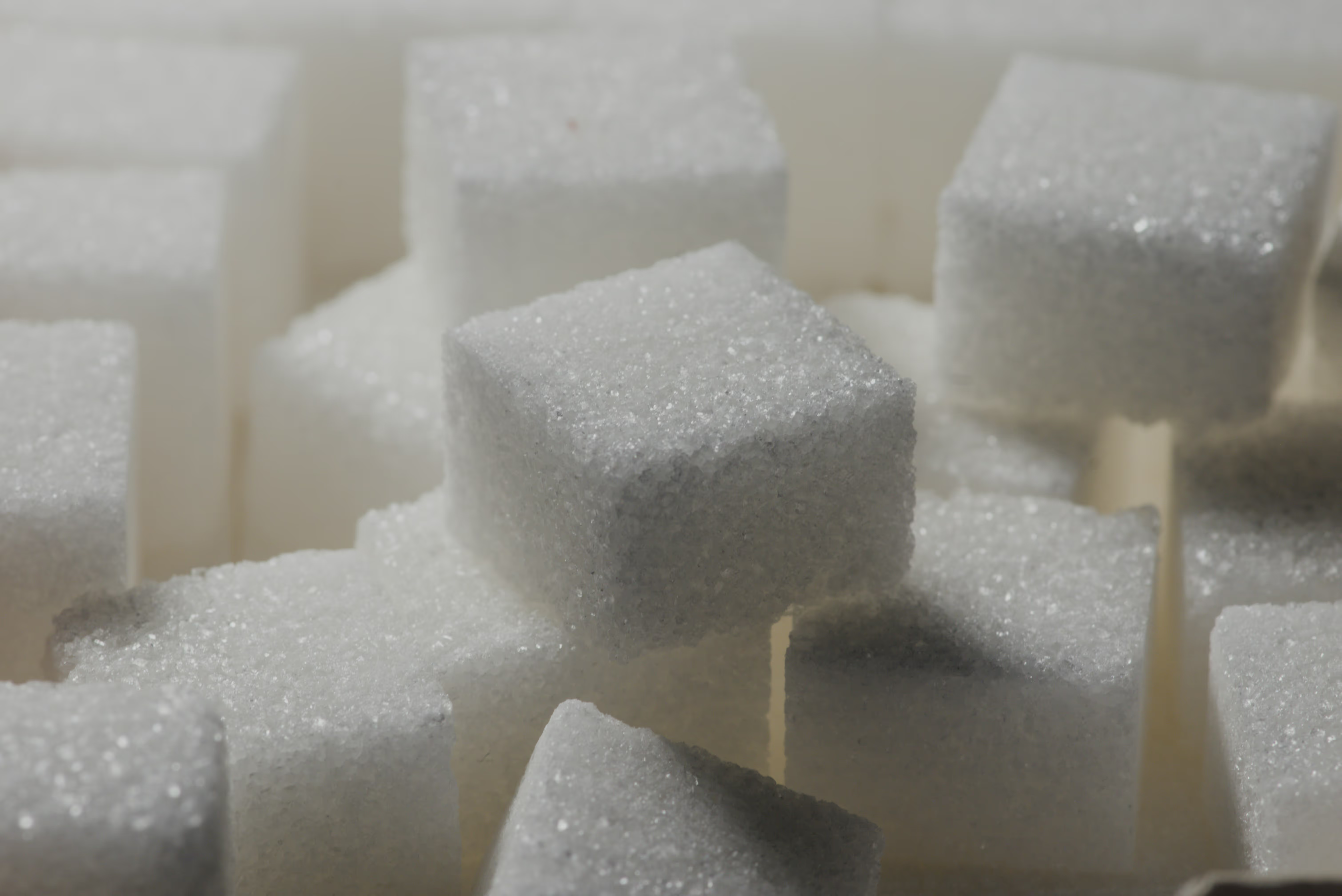Should I always get screened if I have elevated risk?
Catch screening recommendations are informed by near-term risk. Although your lifetime risk for a particular cancer may be elevated, that doesn't mean that near-term screening is always the right decision.





























.svg)



